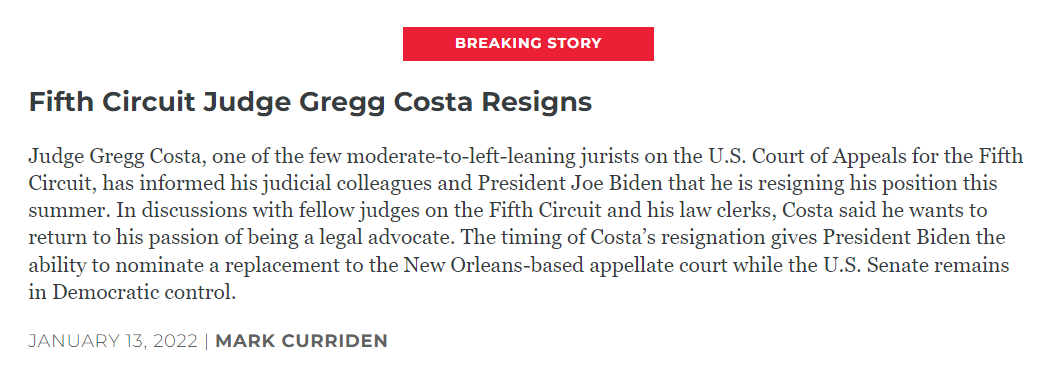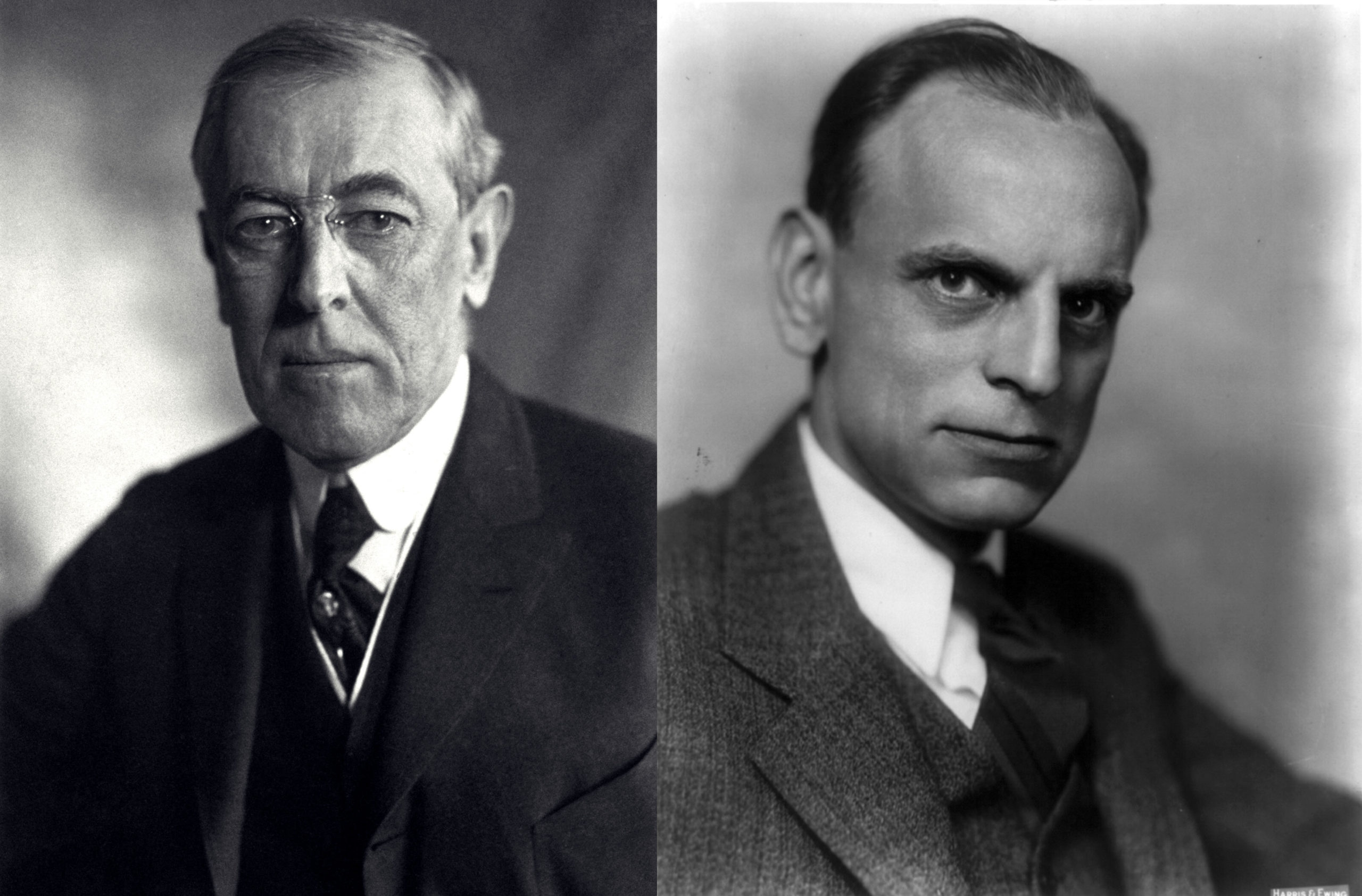 The Fifth Circuit found that the state-law question about liquor-sale permits presented by Gabriel Inv. Group v. TABC “checks every box” for certification, reasoning:
The Fifth Circuit found that the state-law question about liquor-sale permits presented by Gabriel Inv. Group v. TABC “checks every box” for certification, reasoning:
- “The first factor—the closeness of the question and the existence of sufficient sources of state law—weighs in favor of certification. … Both parties have solid textual and structural support for their positions. Likewise, the Commission does not challenge GIG’s contention that the disputes in this case are questions of first impression in any court.”
- “The second factor—the degree to which considerations of comity are relevant in light of the particular issue and case to be decided—similarly weighs in favor of certification. The Legislature enacted its general ban on public corporations owning or controlling package store permits in 1995, over 26 years ago. According to the parties, only two public corporations—GIG and Sarro Corp., who is not a party to this case—qualify for Grandfather Clause treatment. That may not seem like many. But when you factor in that GIG and Sarro could control up to 500 package stores between the two of them, it threatens to blow a Texas-sized hole in the careful balance that the Legislature created.” (footnotes omitted).
 “The third factor—practical limitations on the certification process—also weighs in favor of certification. The questions that GIG asks are purely legal. And we are untroubled by any potential delay. ‘[B]y long tradition, the Texas Supreme Court graciously accepts and prioritizes certified questions from this circuit.'”
“The third factor—practical limitations on the certification process—also weighs in favor of certification. The questions that GIG asks are purely legal. And we are untroubled by any potential delay. ‘[B]y long tradition, the Texas Supreme Court graciously accepts and prioritizes certified questions from this circuit.'”
No. 21-50322 (Jan. 28, 2022).












